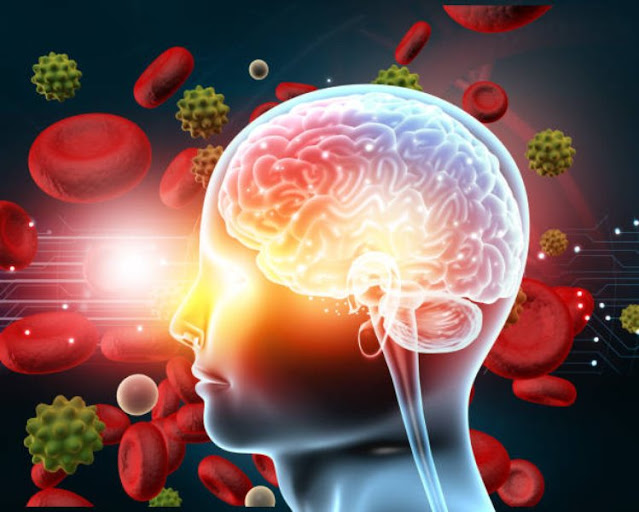advanced technologies for mind and body

Introduction
Technology advancements have revolutionized healthcare and
paved the way for innovative solutions that promote mind and body health. Keeping
a healthy balance between psychological and physical well-being is crucial in
today's fast-paced world. This article explores advanced technologies that
contribute to mind and body health, providing individuals with tools to manage
stress, enhance relaxation, improve cognitive abilities, and foster overall
well-being.
Meditation and Mindfulness Apps
Meditation and mindfulness apps have gained significant
popularity as tools for promoting mental well-being. These apps provide guided
meditation sessions, breathing exercises, and stress reduction and relaxation
techniques. They often include features like progress tracking, reminders, and
personalized recommendations based on individual goals and preferences.
Meditation apps enable individuals to incorporate mindfulness practices into
their daily routines, supporting stress management, enhancing focus, and
fostering a sense of calm and clarity.
Brain-Computer Interfaces (BCIs)
Brain-computer interfaces are cutting-edge technologies that
establish a direct communication pathway between the brain and external
devices. BCIs have shown promise in various applications related to mind and
body health. For instance, they can be used for neurofeedback training, which
allows individuals to regulate their brain activity and improve cognitive
functions. BCIs can also assist in rehabilitating individuals with motor
disabilities by enabling them to control robotic limbs or computer interfaces
using their brain signals. These technologies have the potential to enhance mental
focus, improve cognitive abilities, and facilitate physical rehabilitation.
Virtual Reality (VR) for Therapy and Relaxation
Virtual reality (VR) has become a commanding tool for
promoting mental and physical well-being. VR can be used for exposure therapy
to treat anxiety disorders, phobias, and post-traumatic stress disorder. By
simulating realistic environments, individuals can gradually confront their
fears in a controlled and safe manner. VR is also utilized for relaxation and
stress reduction. Virtual environments can transport individuals to serene and
peaceful settings, promoting relaxation and a sense of escape from daily
stresses. Additionally, VR-based exercise experiences can make physical
activity more engaging and enjoyable, encouraging individuals to engage in
regular workouts.
Sleep Tracking and Optimization Devices
Quality sleep is essential for both mental and physical
health. Advanced sleep tracking and optimization devices monitor sleep patterns,
providing insights into sleep quality and identifying potential disruptions.
These devices can measure parameters such as sleep duration and stages and even
detect sleep disorders like sleep apnea. Individuals can adjust their lifestyle
and sleep habits by analyzing sleep data to improve overall sleep quality. Some
devices also offer features like smart alarms, which wake users up at an
optimal time during their sleep cycle, promoting a refreshed start to the day.
Biofeedback and Wearable Stress Management Devices
Biofeedback and wearable stress management devices enable
individuals to monitor and manage their stress levels. These devices measure
physiological markers like heart rate variability, skin conductance, and
respiration rate to provide real-time feedback on stress levels. Users can then
engage in deep breathing, relaxation exercises, or mindfulness practices to
regulate their stress response. Wearable stress management devices can also
provide personalized daily recommendations and reminders to help individuals
maintain a balanced state of well-being.
Cognitive Training Apps and Brain Games
Cognitive training apps and brain games leverage technology
to enhance mental fitness and cognitive abilities. These apps offer a range of
exercises and challenges designed to improve memory, attention,
problem-solving, and critical thinking skills. They can benefit individuals of
all ages, from young children to older adults. Cognitive training apps adapt to
individual performance, continually challenging and stimulating the brain to
optimize cognitive functions. These apps provide a convenient and accessible
way to engage in brain exercises and maintain mental sharpness.
Conclusion
Advanced technologies significantly promote mind and body
health by offering tools and resources for stress management, relaxation,
cognitive enhancement, and overall well-being. From meditation apps to virtual
reality therapy, brain-computer interfaces, sleep-tracking devices, biofeedback
tools, and cognitive training apps, individuals can access various innovative
solutions to support their mental and physical health goals. As technology
continues to advance, integrating these technologies in everyday life can
empower individuals to lead healthier, balanced lives.


